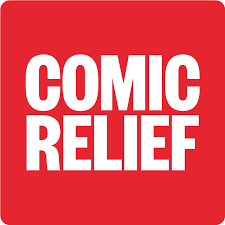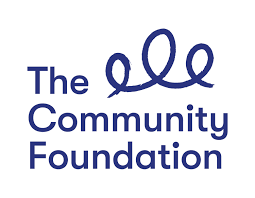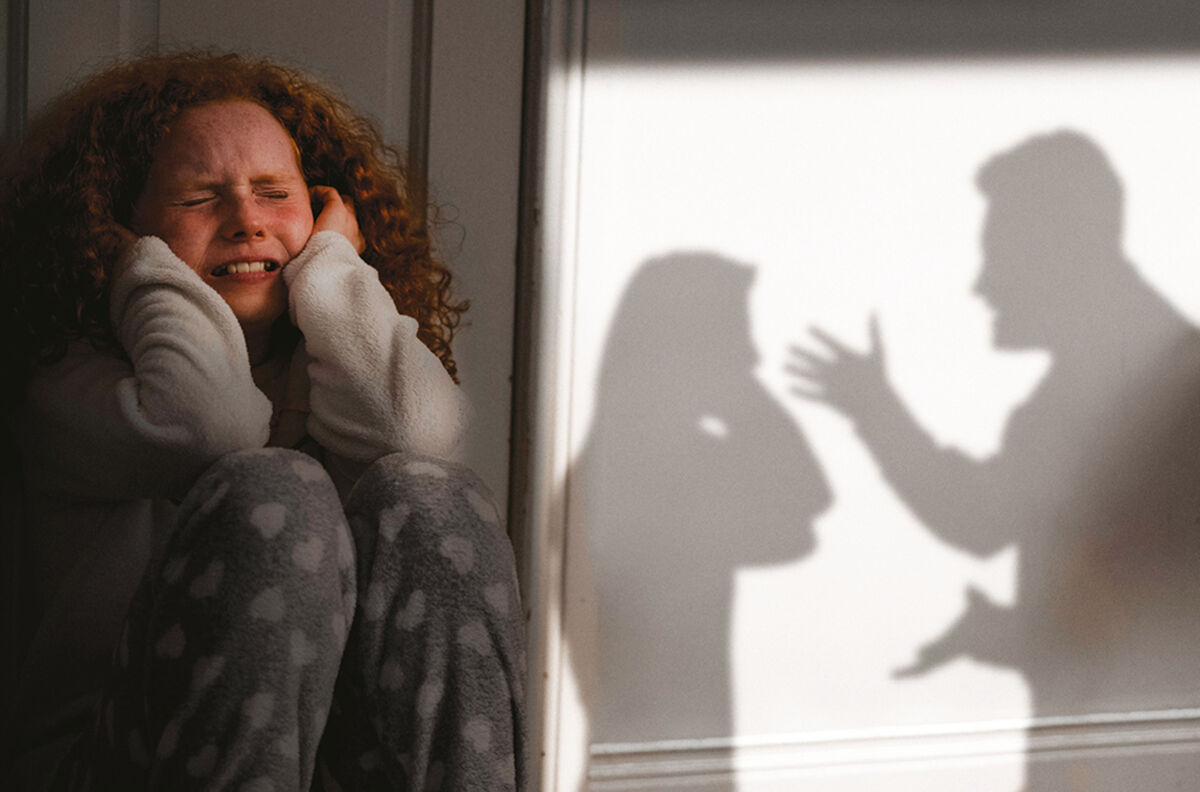Domestic abuse is happening in Northern Ireland
Our campaign (supported by Belfast Policing & Community Safety Partnership working in partnership with Belfast Area Domestic & Sexual Violence and Abuse Partnership, Comic Relief in partnership with the Community Foundation for Northern Ireland, and the Halifax Foundation), wants to encourage you to learn the signs to spot when it come to domestic abuse, so that if you do see or hear something, you can speak up and tell us what you know. 100% anonymously - guaranteed.
Tell us what you know. 100% anonymous. Always.In an emergency, always call 999. If it’s not an emergency and you’d prefer to stay anonymous, contact us online or on the phone by calling 0800 555 111, 100% anonymously - guaranteed.
As a bystander, family member, colleague or friend you may feel helpless when you know someone is a victim of domestic abuse. Whilst ultimately the victim will need to make the decision to leave the relationship themselves, we encourage you to report your suspicions. We will then pass on information to the police who, with partners, may be able to intervene away from the abuser to check the potential victim is OK.
What is domestic abuse?
Domestic abuse is behaviour from a family member, partner or ex-partner that is controlling, coercive, threatening, violent or abusive, and happens between people aged over 16.Domestic abuse can happen to men or women. It includes not only physical abuse, but also these other forms of abuse, perhaps less well-known: psychological; sexual; financial; emotional.
There are many reasons victims of domestic abuse may not report abuse from partners themselves; learn more about these reasons here.
How do you know if someone is a victim of domestic abuse?
Domestic abuse warning signs include:- Their partner puts them down in front of other people
- They are constantly worried about making their partner angry
- They make excuses for their partner’s behavior
- Their partner is extremely jealous or possessive
- They have unexplained marks or injuries
- They’ve stopped spending time with friends and family
- They are depressed or anxious, or you notice changes in their personality
- Threatening and intimidating arguments, which may involve violent language or escalate to smashing up the furniture
- Arguments where the partner blames the other for their actions, saying they are “asking for it” or deserve the abuse
- Individuals with bruising or other visible marks, which may have been caused by physical abuse
Did you see or hear something, but didn’t say anything? You have a second chance to act and stand up for victims of domestic abuse.
Tell us what you know. 100% anonymous. Always.
Learn more about our anonymity guarantee:
 Find out more Crimestoppers' work against all types of crime affecting your area on our Northern Ireland Facebook page...
Find out more Crimestoppers' work against all types of crime affecting your area on our Northern Ireland Facebook page...
Are you a victim of domestic abuse?
Due to our anonymity guarantee, we can't take information from victims of crime. In an emergency, always call 999.Some organisations that can offer help and advice:
24 hr Domestic and Sexual Abuse Helpline (operated by Nexus)Free and confidential service offering help and support to male and female victims and survivors, and those with concerns. Call free on 0808 802 1414, via the live webchat function at www.dsahelpline.org, or via email: help@dsahelpline.org.
Domestic Violence and Abuse Disclosure Scheme
If you’re worried that your partner or the partner of someone you know has a history of domestic abuse, you can ask the police to check for you through the Domestic Violence and Abuse Disclosure Scheme. The scheme is for men and women: www.nidirect.gov.uk/campaigns/domestic-violence-and-abuse-disclosure-scheme.
Men's Advisory Project
Providing listening, confidential and group counselling, legal advice and other services to men who face abuse. Call 028 9024 1929 or 028 7116 0001, email info@mapni.co.uk or visit www.mapni.co.uk.
Men’s Alliance Northern Ireland
A unique private user-led peer support group on Facebook dedicated to male victims and survivors of domestic abuse in Northern Ireland. Signposting to support services available: www.MensAllianceNI.co.uk. Email Info@MensAllianceNI.co.uk.
Nexus NI
Sexual trauma charity offering specialist counselling, information, and support to anyone affected by any form of sexual assault, rape or violence. Providing counselling services to women, men and children aged 8-16 years: www.nexusni.org.
NSPCC
Domestic Abuse Recovering Together service is delivered from the Belfast Service Centre. Call 028 2044 1650 or email BelfastSCemail@nspcc.org.uk.
Safe Spaces
Victims of domestic abuse can go to Safe Spaces for someone to help collect their thoughts, to contact a helpline or find a local support service.
The Rainbow Project
Providing help for the LGBTQ community affected by domestic abuse. Call 028 9031 9030, email info@rainbow-project.org or visit www.rainbow-project.org.
Victim Support NI
www.victimsupportni.com. Supporting victims and witnesses of crime, and providing specialist support for victims of sexual violence (ISVA service). Contact their Hubs in Belfast: 028 9024 3133 or Foyle: 028 7137 0086, or email isva@victimsupportni.org.uk.
Women's Aid Federation Northern Ireland
www.womensaidni.org. Offering a range of specialist support services to women, children and young people who have experienced domestic abuse, including emergency accommodation. Local groups' contact details at www.womensaidni.org/get-help/local-groups. A webchat service is available Monday to Friday 10 a.m. - 12 noon. Visit www.belfastwomensaid.org.uk and click the icon on the lower right hand corner.
This campaign is supported by:


 in partnership with
in partnership with 

11 January 2021
